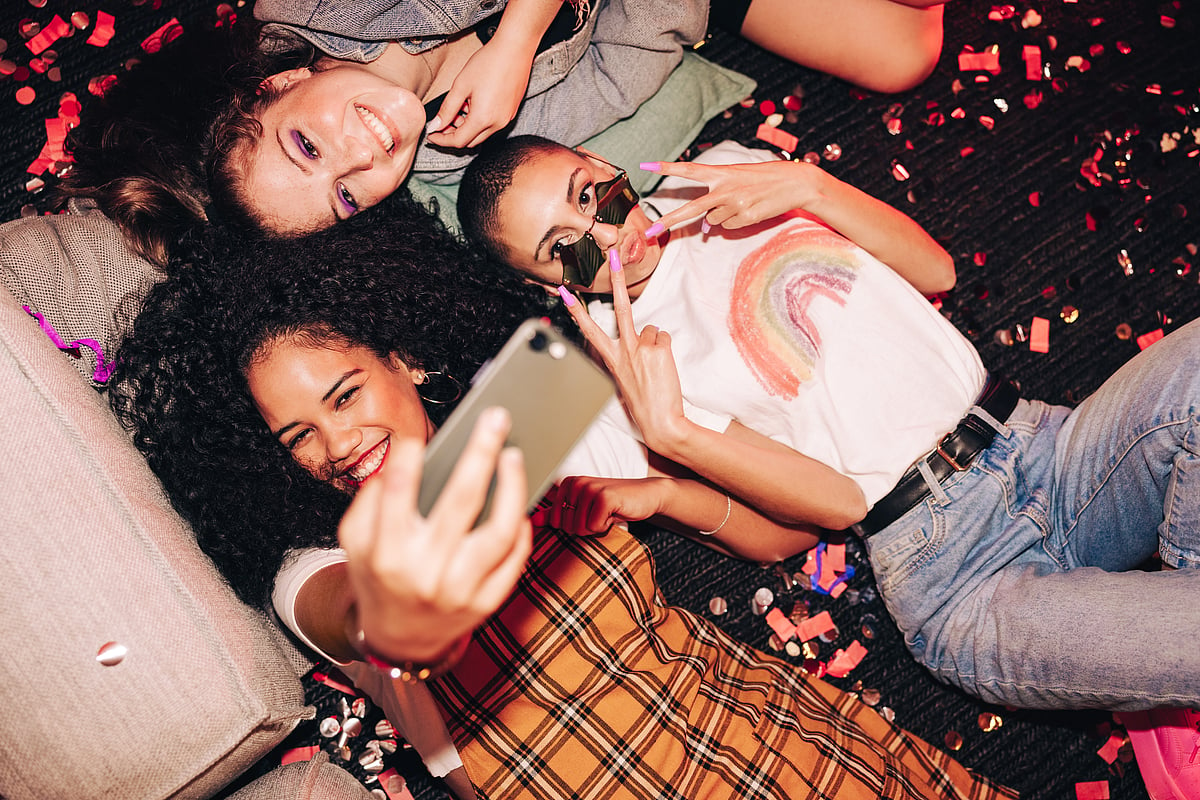On Friendship Day, Gen Z is feeling lonely — Here's why
‘Gen Z is the loneliest generation?’ What’s behind the disconnect and what can help

Dubai: It’s Friendship Day, and most people are busy reminding their friends how much they appreciate them or spending hours debating where to meet up, only to still be undecided. But for a quiet majority of young people, especially Gen Z, today feels just like any other day. Lonely.
How can that be? How is Gen Z considered the loneliest generation when they’re supposedly the most connected? You could be a 20-something influencer with half a million Instagram followers and still feel completely alone. But how does that happen? Let’s dive into some data.
The loneliness stats don’t lie
A global survey of around 1,800 Gen Zers found that a staggering 80 per cent reported feeling lonely, compared to just 45 per cent of Baby Boomers. Only 15 per cent of Gen Z said they never felt lonely, according to audience research company GWI in 2024.
The picture isn’t pretty. Mental health experts have even dubbed Gen Z ‘the loneliest generation’. Not the best label for a generation that helped bring mental health into the mainstream.
How did we get here?
The Stanford Report from March 2025 sheds some light. Psychologist Jamil Zaki explained that young adults are reporting lower happiness levels than middle-aged and older adults, a shift from the traditional ‘U-shaped’ happiness curve across life, where youth and old age were the happiest times.
Zaki’s research found that people tend to underestimate how friendly and kind others are. But with a little encouragement to take social risks, they can form new connections that boost well-being.
In recent years, that happiness curve has flattened. Older adults remain happy, middle age remains middling, but young adults are now less happy than either group.
The social media paradox
A 2025 Baylor University study in Personality and Social Psychology Bulletin reveals a sobering paradox: the more time we spend interacting online, the lonelier we may feel.
Both passive social media use (scrolling without interacting) and active use (posting, commenting) were linked to increased loneliness over time. Digital interactions don’t seem to satisfy the social needs met in face-to-face conversation.
Enter AI: Digital friends for lonelier times?
Recently, the Associated Press (AP) reported that teens and young adults are turning to AI chatbots for deeper conversations. According to a Common Sense Media study, more than 70 per cent of teens have used AI companions, with half using them regularly for advice, emotional support, and everyday decisions.
AI friends can feel human-like, but as this technology advances, experts worry it may redefine human relationships, potentially deepening loneliness and youth mental health struggles.
So, how do we fix this?
It’s easy to blame Gen Z but maybe the real fault lies with the older generations who built the addictive social media and AI platforms that dominate young lives.
First step? Put down the phone. Maybe even delete social apps if they’re seriously hurting your mental health (maybe my parents were right, it really is that damn phone).
You don’t want to spend the prime of your life doom-scrolling on TikTok or Instagram Reels. Trust me, no one looks back at their twenties and says, “Wow, I’m so glad I spent five hours a day watching strangers unpack PR boxes.”
Next, society needs to create more affordable, public ‘third places’ - social spaces outside home and work where people naturally gather. Think cafes, parks, libraries, community centres, coworking spaces. These spaces encourage casual, low-pressure socialising and help people bump into friends and make new ones naturally.
One powerful way to reconnect? Volunteering. It gives you a sense of purpose, builds real human connections, and studies show it genuinely helps reduce loneliness and boost mental health.
These aren’t miracle cures, but they’re a start and maybe, just maybe, a way for Gen Z to feel a little less alone this Friendship Day.
Network Links
GN StoreDownload our app
© Al Nisr Publishing LLC 2026. All rights reserved.